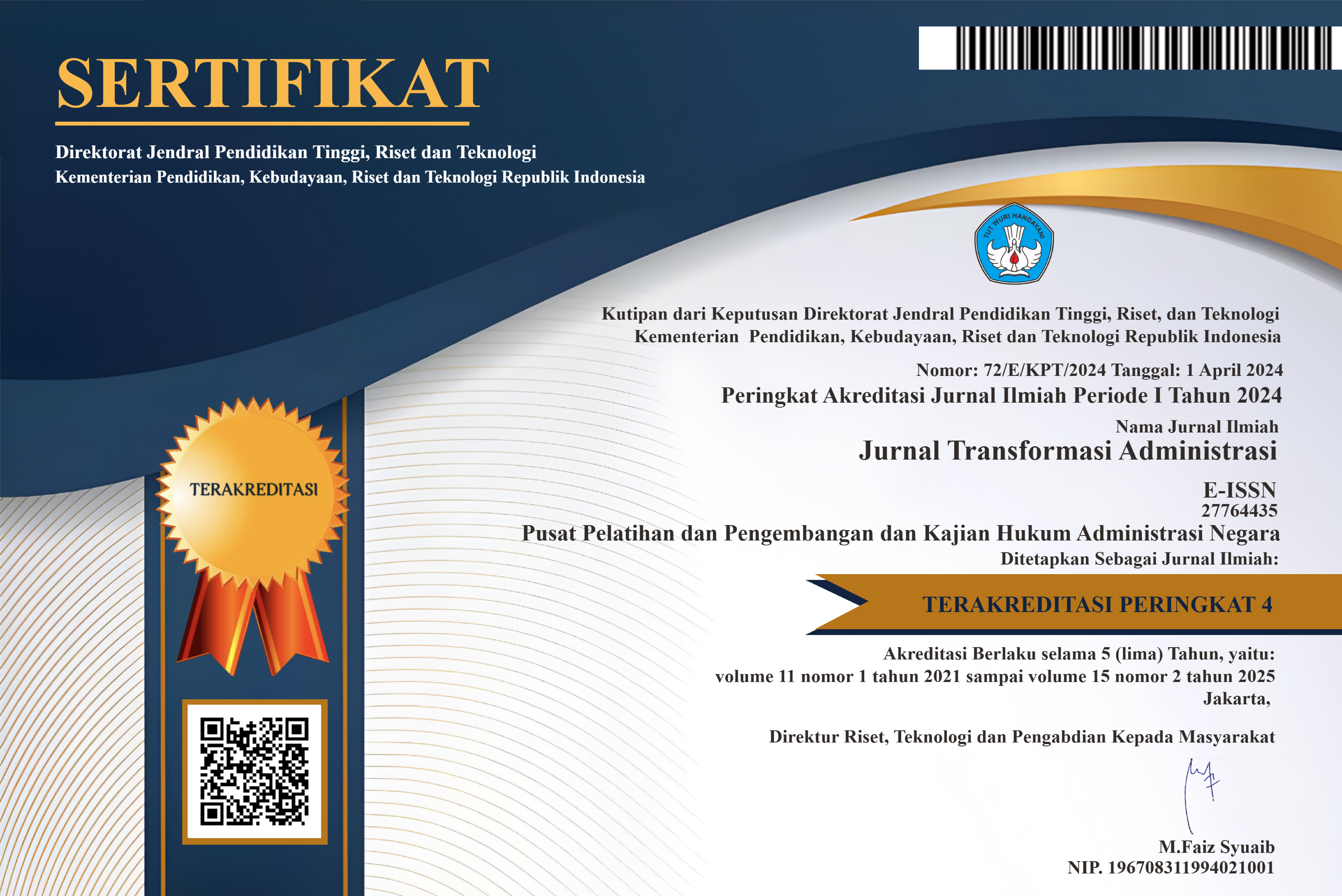Smoke-Free Policy In Banda Aceh City: A Research Agenda
Keywords:
non-smoking area policy, research agenda, smoker preveilance, cigarette advertisingAbstract
The Non-Smoking Area Policy (KTR) in Banda Aceh City requires further studies in order to improve the effectiveness of the policy. Further studies help the implementation more smoothly and higher impact. Therefore, this study aims to map the need for further studies after the enactment of the Non-Smoking Area policy in Banda Aceh City. The result is based on literature review and mapping of issues. It indicates that there are at least three research agendas needed. One of them is a study on the prevalence of juvenile smokers after the Regulation. Increasing the prevalence of juvenile smokers shows that KTR has not been able to avoid youth from the dangers of smoking. In addition, research on the impact of KTR on regional income is also important to study. Concerns about a decline in advertising revenue from cigarette advertising have led to the seriousness of reduced local governments to fully implement cigarette promotion policies. The last issue that needs immediate research is the impact of smoking on poverty. The consumption pattern of people who are dominated by cigarettes causes smoking activities to cause an increase in poverty in Banda Aceh City. This study is important in order to optimize the KTR policy in reducing poverty in Banda Aceh City.
References
Azkha, N. (2013). Studi Efektivitas Penerapan Kebijakan Perda Kota Tentang Kawasan Tanpa Rokok ( Ktr ) Dalam Upaya Menurunkan Perokok Aktif Di Sumatera Barat Tahun 2013. Jurnal Kebijakan Kesehatan Indonesia, 02(04), 171–179.
Baris, E., Brigden, L. W., Prindiville, J., Luiza, V., Chitanondh, H., Chandiwana, S., & Invalidos, R. (2000). Research priorities for tobacco control in developing countries : a regional approach to a global consultative process, 217– 223.
Duncan, K. (2006). Engaging Numbers : Developing Health Indicators that Matter for First Nations and Inuit People. Health (San Francisco), (September), 44–52.
Efroymson, D., Director, R., Canada Saifuddin Ahmed, P., Mahbubul Alam, S., Ranjan Dey, A., Shaha, R., … Rahman, A. (2001). Hungry for Tobacco An analysis of the Economic impact of tobacco on the poor in Bangladesh. Tobacco Control, 10, 212–217.
Hyland, A., Barnoya, J., & Corral, J. E. (2012). Smoke-free air policies: Past, present and future. Tobacco Control, 21(2), 154–161. http://doi.org/10.1136/tobaccoco ntrol-2011-050389
Kaur, J., & Jain, D. (2011). Tobacco Control Policies in India: Implementation and Challenges. Indian Journal of Public Health, 55(3), 220. http://doi.org/10.4103/0019557X.89941
Liu, Y., Rao, K., Hu, T. wei, Sun, Q., & Mao, Z. (2006). Cigarette smoking and poverty in China. Social Science and Medicine, 63(11), 2784–2790. http://doi.org/10.1016/j.socscime d.2006.06.019
Salim, A. D. (2013). IMC : Promosi , Iklan Dan Sponsor Rokok Strategi Perusahaan Menggiring Remaja Untuk Merokok, 17(2012), 58–65.
Zhu, S. H., Lee, M., Zhuang, Y. L., Gamst, A., & Wolfson, T. (2012). Interventions to increase smoking cessation at the population level: How much progress has been made in the last two decades? Tobacco Control, 21(2), 110–118. http://doi.org/10.1136/tobaccocontrol-2011-050371















